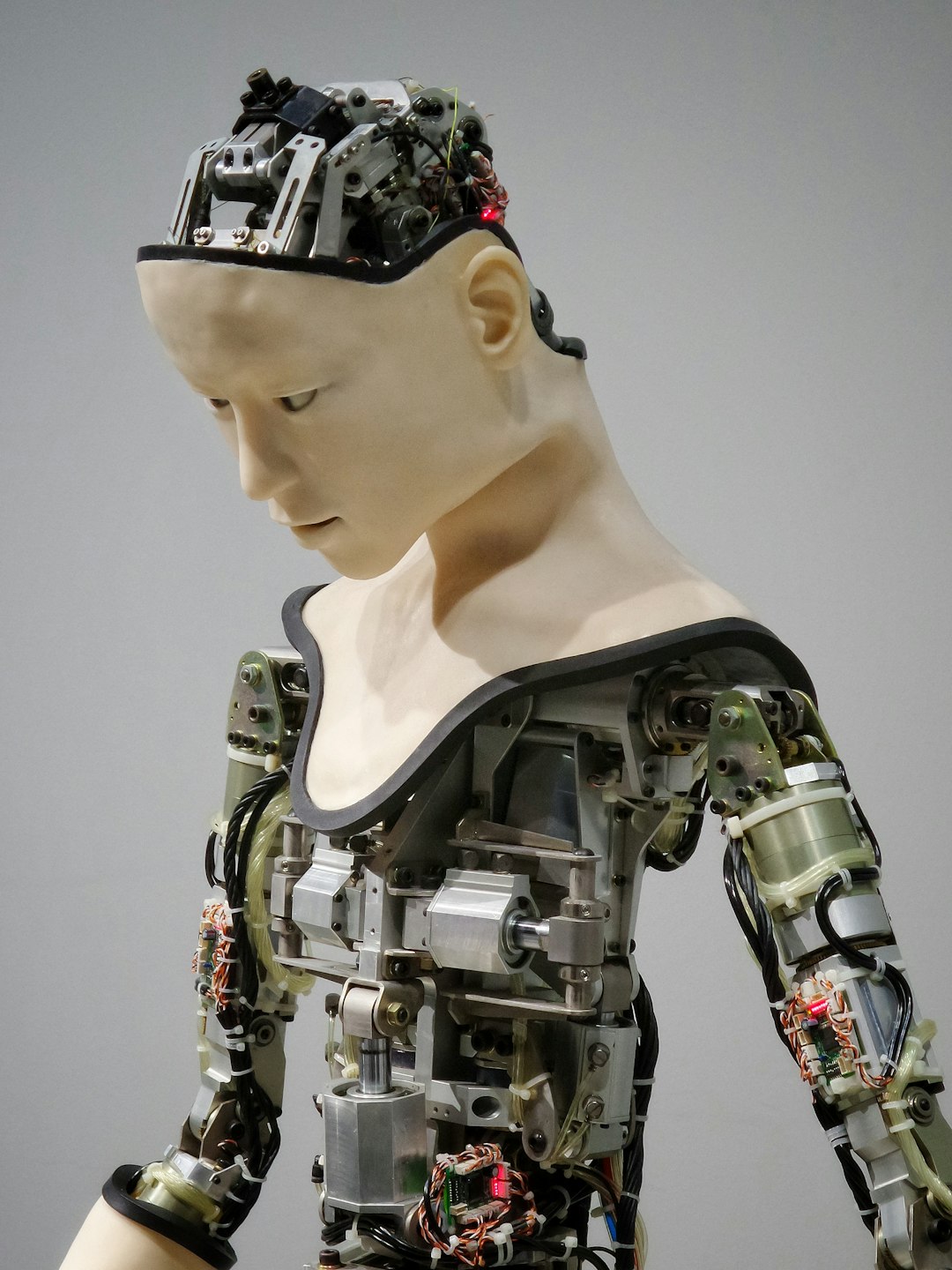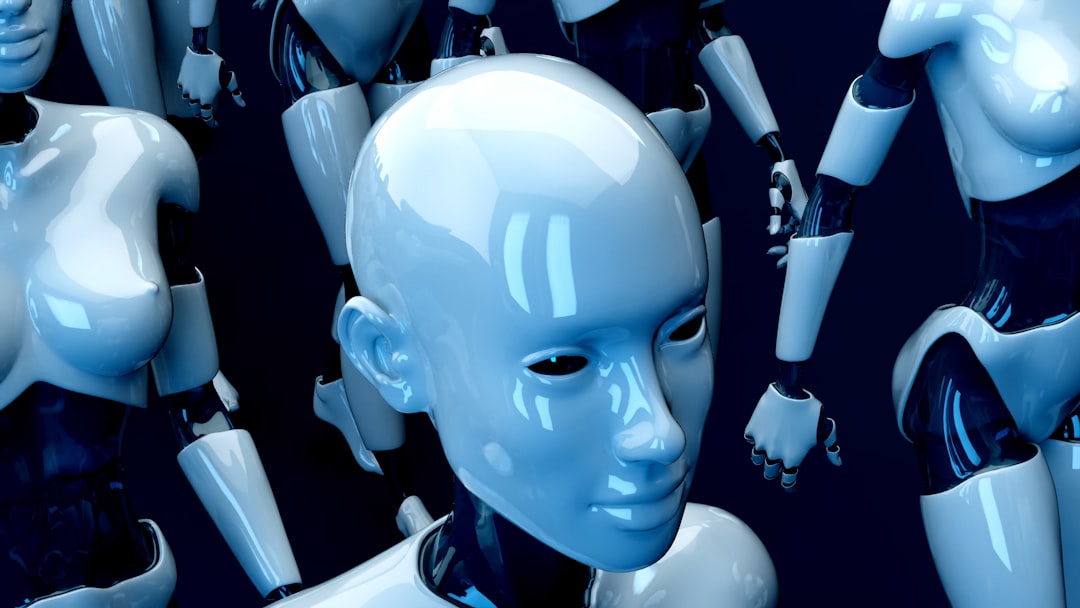Artificial Intelligence (AI) agents have seen rapid evolution in recent years, moving from basic automated systems to sophisticated entities capable of performing complex tasks. These systems are no longer confined to research labs or niche applications—they are now influencing everyday life and reshaping the workforce. As AI agents become more capable, a pressing question arises: do they replace human jobs or simply transform them?
From virtual assistants scheduling appointments to autonomous customer service bots handling millions of queries, AI agents are increasingly present across various industries. As their capabilities expand, concerns about potential job loss, economic displacement, and societal change grow more urgent.

The Emergence of AI Agents in the Workforce
AI agents are not a monolithic category. They range from rule-based automation tools to advanced machine learning models and language-based assistants. Their applications span multiple sectors, including:
- Healthcare – AI aids in diagnosis, drug discovery, and even robotic surgeries.
- Finance – Algorithms monitor market trends, provide financial advice, and detect fraud.
- Retail – Personalized shopping assistants and automated customer support.
- Manufacturing – Robotics and AI systems manage assembly lines and predictive maintenance.
One of the key reasons for the rise of AI agents is their ability to enhance efficiency and accuracy. Unlike human workers, AI does not suffer from fatigue or inconsistency. It operates 24/7 with high computational stamina. For businesses aiming to cut costs and streamline operations, AI presents a compelling value proposition.
Do AI Agents Replace Human Jobs?
This is a complex and nuanced issue. In some cases, AI agents do replace certain jobs—especially those involving repetitive or data-driven tasks. For example, roles in data entry, basic accounting, and customer support have seen significant automation. However, the scope of AI’s impact extends beyond mere replacement.
According to a 2023 report by PwC, while around 30% of jobs could be at risk of automation by the mid-2030s, new job categories are also likely to emerge, driven by AI technologies. In essence, AI transforms the employment landscape by:
- Eliminating low-skill, routine roles
- Creating new technical and supervisory positions
- Enhancing existing human roles with AI augmentation
Thus, it is not a zero-sum game. While some workers may be displaced, opportunities in AI development, ethics oversight, and data analysis are growing.

Human-AI Collaboration: A New Paradigm
In many industries, instead of replacing humans, AI is becoming a collaborator and assistant. Take the example of radiologists. AI can scan thousands of medical images with high accuracy, but human doctors still make the final diagnostic and treatment decisions. This combination of machine speed and human judgment can enhance outcomes and improve efficiency.
Similarly, writers, designers, and marketers are increasingly using AI agents to assist with ideation, analytics, or content generation. These agents speed up workflows and reduce mundane tasks, allowing professionals to focus on creativity and strategy.
The key lies in adaptation. Organizations and individuals who learn to work alongside AI agents will likely flourish, turning potential threats into advantages.
Preparing for the Transition
To ensure AI’s integration into the workplace is inclusive and beneficial, several steps must be taken:
- Reskilling the workforce – Educational programs must evolve to teach digital and analytical skills.
- Job redesign – Work roles should be reimagined to combine human strengths with AI capabilities.
- Ethical frameworks – Governments and organizations must implement policies that protect worker rights and ensure transparency in AI decision-making.
Government and industry must collaborate to ensure the benefits of AI are broadly distributed. Otherwise, the risk of widening economic inequality and social unrest will increase.
The Road Ahead
The rise of AI agents does not signify the end of human employment, but rather a transformation of how work is done. While certain roles will disappear, new opportunities will emerge. The challenge lies in managing this transition effectively—through policy, education, and ethical oversight.
In conclusion, the question is not whether AI agents will impact jobs, but how society will adapt to their presence. Human ingenuity, compassion, and adaptability remain irreplaceable. The future of work, powered by human-AI collaboration, holds the potential for a more efficient and innovative world—if managed wisely.
 logo
logo



